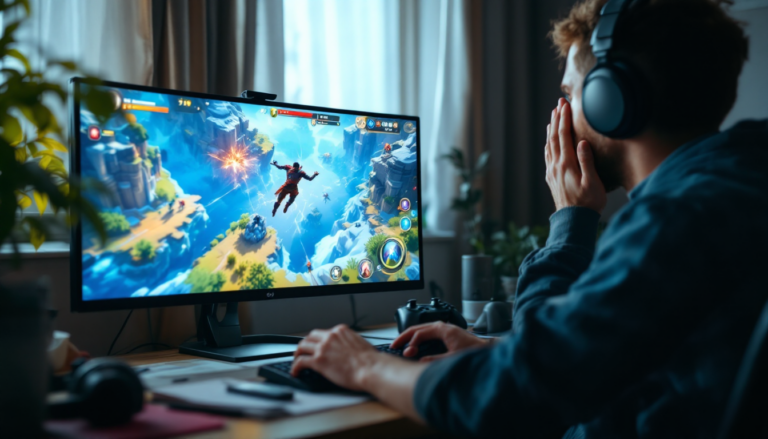Argomenti trattati
Imagine logging into your favorite online game, eager to compete and enjoy yourself, only to be met with a barrage of cheaters ruining the experience. It’s a sentiment shared by many gamers today, and it’s a topic that’s been heating up in recent discussions, especially following comments from Minh Le, one of the co-creators of the iconic game Counter-Strike. He recently described the current state of cheating as an “epidemic”—an alarming statement that underscores just how pervasive the problem has become.
The state of cheating in gaming today
In a candid interview, Minh Le reflected on his experiences, contrasting the cheating landscape of today with that of two decades ago. Back when Counter-Strike first launched, encountering a cheater was a rarity—maybe once every ten games. Fast forward to the present, and Le estimates that players are now faced with cheating in about 40% to 50% of multiplayer matches. Just think about that for a moment: nearly half of the games you join could potentially be marred by unfair advantages. It’s disheartening, and it raises numerous questions about the integrity of online gaming.
As a gamer myself, I recall the thrill of competitive play without the cloud of suspicion hanging over every match. But now, it feels like every lobby is a gamble. Are we really playing on a level field? Or are we just pawns in someone else’s game? This quest for fairness is one that developers are still grappling with, and it’s not just about coding or algorithms; it’s about creating a community where skill reigns supreme.
The challenge of combating cheaters
Minh Le elaborated on the complexities that developers face when trying to combat cheating. During his time at Valve, the effort was relentless, employing smart minds to develop countermeasures against an ever-evolving cheat market. Yet, even with all those resources, it often felt like a game of cat and mouse. For every cheat that was shut down, another would quickly emerge, like some mythological hydra sprouting new heads with every defeat.
This constant back-and-forth is exhausting. Developers are racing against the clock, trying to keep up with cheat providers who are often just a step ahead. As Le put it, “When one cheat provider is taken down, another inevitably springs up in its place.” This cycle of retaliation illustrates the sheer scale of the problem and poses the question of whether a lasting solution is even feasible.
International perspectives on cheating
Interestingly, attitudes toward cheating vary significantly across the globe. In countries like South Korea, the repercussions for cheating are notably more severe. Players are required to verify their IDs before engaging in multiplayer games, and if they’re caught cheating, they can find themselves blacklisted from gaming altogether—a serious consequence that might deter many from attempting to cheat in the first place. Reflecting on this, Le quips, “If you get caught cheating in Korea, it’s a big deal.”
This brings to light an essential question: what measures could be adopted in other regions to combat cheating more effectively? While some might argue for stricter regulations, others suggest fostering a culture of integrity within the gaming community. Personally, I believe that a combination of both—community-driven initiatives alongside formal regulations—could pave the way for a healthier gaming environment.
The future of online gaming
As we look ahead, it’s clear that the issue of cheating will continue to evolve, and it will require innovative solutions and a united front from both developers and players. The gaming community is resilient, and I’ve seen firsthand how passionate gamers can come together to demand change. Whether through advocacy, reporting, or simply sharing their experiences, players hold power in shaping the future of the gaming landscape.
In my view, the fight against cheating isn’t just about eliminating unfair practices; it’s about preserving the essence of what makes gaming enjoyable—the thrill of competition, the joy of skill mastery, and the camaraderie among players. As we navigate this challenging terrain, let’s remain hopeful that together, we can foster a gaming culture that champions fairness and integrity. After all, a fair game is a fun game, and who wouldn’t want that?

